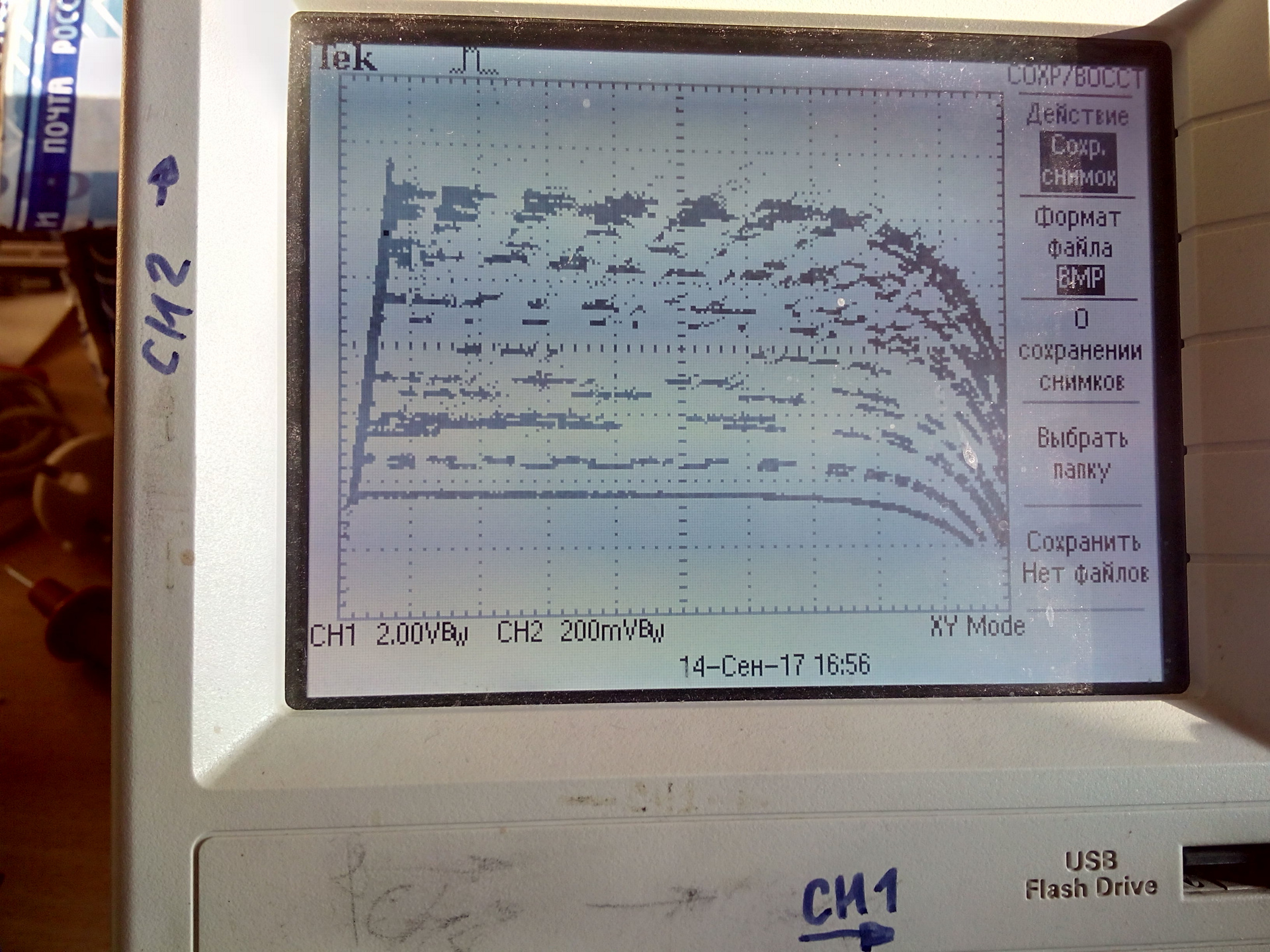Answer the question
In order to leave comments, you need to log in
How to correctly implement voltage and current monitoring from a solar panel?
Good day, comrades.
Given:
1. Solar panel (with a maximum output current of 2100 mA and an output power of 25 W; Output voltage - 5 V). These parameters are stated on the seller's website and may differ from reality.
2. NodeMCU v2 development board
3. Raspberry Pi 3 Model B+
4. Arduino Uno and a bunch of loose stuff (resistors, capacitors, transistors, diodes).
What I want to do:
Using a small home-made multimeter based on Arduino, take readings (voltage, current) from the solar panel throughout the daylight hours.
Save the readings in logs and transfer to the server (the Node MCU board acts as a transmitter, and the raspberry board acts as a server), where graphs will be plotted based on these data.
A huge request to you - a beginner, that is, me, to poke your nose into some thematic literature on this issue. How to properly implement all this.
If this algorithm is technically impossible to implement, are there any similar ready-made tools?
Answer the question
In order to leave comments, you need to log in
poke your nose into some thematic literature on this issue
what exactly do you want to watch?
to account for consumption, a conventional power meter at the consumer's input is enough.
for the purpose of studying, it is pointless to do monitoring IMHO.
The CVC characteristic of a solar panel is well known.
it is possible to collect the characteristics of a particular panel in a day using an oscilloscope with XY beam capability and memorization of the position and light bulb with dimming.
you will get a set of pictures like this. then you can extrapolate to your needs.
var2: connect usb-oscilloscope and get the same thing only already on your computer.
To integrate with monitoring systems, it is required to take readings from sensors in digital form and send them using HTTP requests.
There are monitoring systems in a cloud service such as DataDog, AWS CloudWatch. Or you can use your own server facilities with the help of InfluxDB, Prometheus.
Didn't find what you were looking for?
Ask your questionAsk a Question
731 491 924 answers to any question